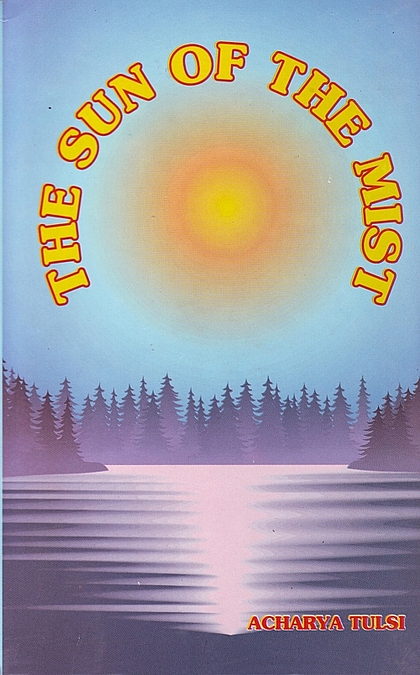Three kinds of systems have functioned in the Indian politics— autocracy, republic and democracy. Each of these systems has its own merits and demerits. No solid evidence is yet available to categorically declare any one of these systems as right or wrong. At present, the government of the country is not controlled by any one person. The illogicality’s of the autocratic rule were responsible for its downfall. In the age of Lord Mahavira, the republican system was in vogue. ln the course of time, it also disappeared. Later the reins of administration passed into the hands of the foreigners. After hard struggle and sacrifices, the country achieved independence, no individual, group or party can reach the pinnacle of power on the strength of tradition. In this system of government, individuals are elected to power. The whole process of election is linked with the people. It may, therefore, be said that election is the basis of democracy and the basis of election is the people.
Some people look upon the election as the festival of democracy. The tradition of festival has been a part of Indian culture since ancient times. The list of festivals observed here is long indeed. Each festival has its own rules and regulation, without which it cannot continue.
Since the election has assumed the form of a festival, it is necessary to observe its rules. However, it seems the time is long past when one could go through an election on the basis of certain principles. So ever-new ways are being sought to gate-crash into the corridor of power. The national and the public interest are being thrown into the background under the pressure of personal and party gain. Self-interest has usurped the seat of services. Promises made to resolve the difficulties of the people are forgotten immediately after the manifesto is out. Even before any intimate relationship is established between the people and the political leadership, deep fissures appear. Under the circumstances, the very concept of an election is fast losing its significance.
In a democracy, the greatest wealth of the people is their right to vote, which implies independent thinking on the part of each voter to brighten the future of the country. But when greed and fear are linked with the vote, when it becomes a commodity to be bought and sold, and violence, plunder and scrambling attend it, with more serious casualties, what purpose is served thereby? ls this the way to preserve our freedom’? Will such actions ensure a bright future for the people and the country? To win an election through the use of such abominable means and then to celebrate is with the beating of drums — can it be said to be a victory for democracy? Such victory is worse than defeat. Even if an individual engaged in the struggle for power in accordance with the rules, maintaining the decorum of democratic culture, fails to establish himself in politics, his being left out is no calamity. On the contrary, it is good for him, rather than he achieve victory through unethical ways, abandoning all self- respect. Addison's opinion in this context should be universally acceptable. He writes: "It is better to die ten thousand times than to live in dishonour." If we go into deeply, we die the moment we abandon our principles and morality. To celebrate with acclaim an immoral victory, while the coffin of democracy is being nailed- could anything be more degrading than that?
The Parliament is the highest institution of the country. In the states, the role of Vidhan Sabhas is equally important. If people entering these august assemblies violate moral values,who else shall we look up to for upholding them? The common proverb, "fishing in troubled waters" is very apt in the context of political corruption. The people engaged in the quest of power, whether they belong to the ruling party or the opposition—what do they want after all? What is their objective? To reach pinnacle of power through the corridor of votes, or to preserve the democratic ideals? In view of the election malpractices and outrages, it seems these worthies are determined to turn every home into a cremation ground.
A candidate went to a village, canvassing for votes. One of the villagers said, "Why should we vote for you? During the last election we represented that no proper facilities exist in the village for the cremation of the dead, and you promised to give us a good cremation ground. Five years have since passed and you have not redeemed your promise." Thereupon, the candidate said, "Do kindly give me one more opportunity. I promise to create a cremation ground in every home." If nothing else, such people are certainly preparing a cremation ground for democracy at least. If we want to save democracy, we must ensure that such people are never elected.
The election may be for the Parliament, or for Vidhan Sabhas or for the university bodies or other institutions, but if moral values are violated, it is bound to lead to chaos. The loss of life and property, of time and energy incurred thereby is irreparable. The Anuvarata movement is engaged in arousing public interest on such a crucial issue. The “Code of Election Conduct" formulated by them can prove to be a milestone in this connection, provided we all undertake to restore faith in moral values.
 Acharya Tulsi
Acharya Tulsi
